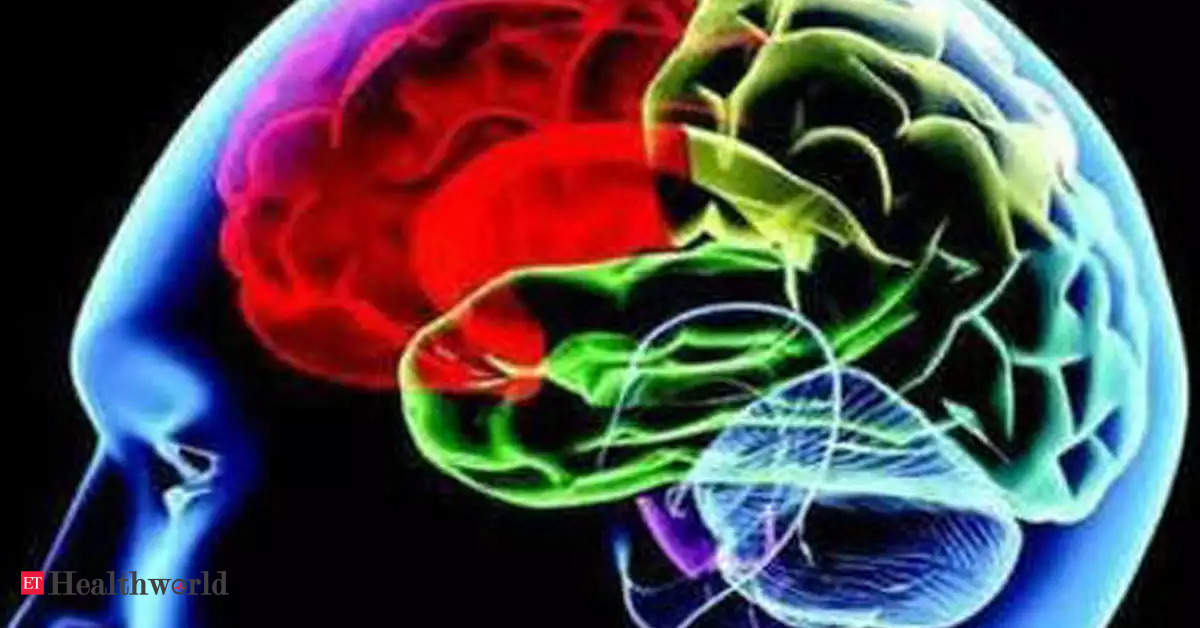Washington: Although researchers have made progress in detecting signs of Alzheimer’sthe disease of using high quality mental image Based on evidence collected as part of research studies, a team at Massachusetts General Hospital (MGH) recently developed an accurate method for detection that relies on routinely collected clinical brain images. The breakthrough could lead to a more accurate diagnosis.
For the study, which is published in PLOS ONE, Matthew Leming, PhD, a researcher at the MGH Center for Systems Biology and a researcher at the Massachusetts Alzheimer’s Disease Research Center, and his colleagues used deep learning, a type of machine learning and artificial intelligence that uses large amounts of data and complex algorithms to train models.
In this case, the scientists developed a model for the detection of Alzheimer’s disease based on brain magnetic resonance imaging (MRI) data collected from patients with and without Alzheimer’s disease who were seen at MGH prior to 2019.
The group then tested the model on five datasetsM GH post-2019, Brigham and Women’s Hospital before and after 2019, and external systems before and after 2019 to see if it could accurately detect Alzheimer’s disease based on the real world clinic data, regardless of hospital and time.
Overall, the research involved 11,103 images from 2,348 patients at risk for Alzheimer’s disease and 26,892 images from 8,456 patients without Alzheimer’s disease. Across all five data sets, the model detected Alzheimer’s disease risk with 90.2 percent accuracy.
Among the main novelties of the work was its ability to detect Alzheimer’s disease independently of other variables, such as age. “Alzheimer’s disease typically occurs in older adults, so deep learning models often have difficulty detecting the rarer early-onset cases,” says Leming. “We address this by making the deep learning model ‘blind’ to features of the brain that it finds too associated with the indicated age of the patient.”
Leming points out that another common challenge in disease detection, especially in real-world settings, is dealing with data that is very different from the training set. For example, a deep learning model trained on MRIs from a scanner made by General Electric may not recognize MRIs collected on a scanner made by Siemens.
The model used an uncertainty metric to determine if the patient data was too different from what it had been trained for to make a successful prediction.
“This is one of the only studies that used routinely collected brain MRIs to try to detect dementia. While a large number of deep learning studies have been done for Alzheimer’s detection from brain MRIs, this study took substantial steps to actually do this in world clinical settings as opposed to perfect lab settings,” Leming said. “Our generalizable results between sites, between times and between populations make a strong case for the clinical use of this diagnostic technology.”
